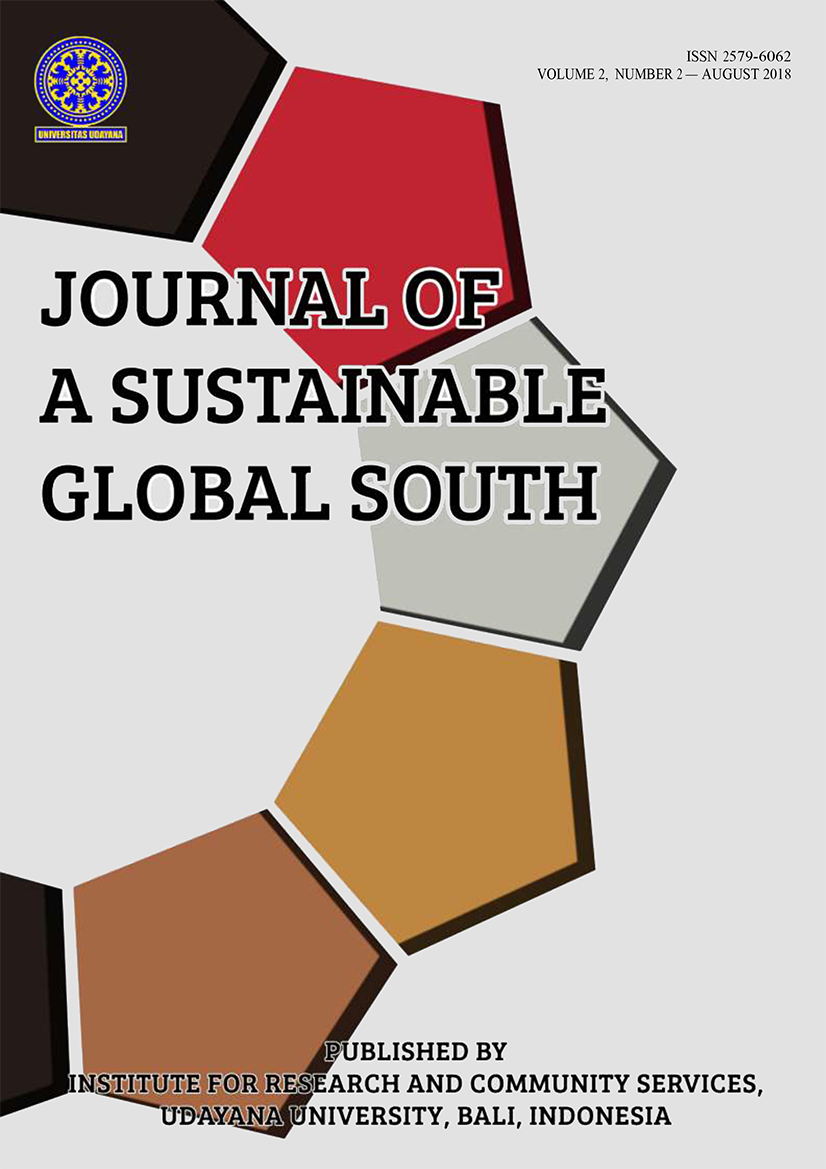Bamboo Material Benefits in Lobby Eco Villa Construction Building in Mandalika Area, Lombok-Nusa Tenggara Barat
August 2018
Abstract
Bamboo is one of the building materials that is no stranger to the people of Indonesia. Bamboo grows abundantly throughout Indonesia and has become part of the lives of Indonesian people. Bamboo is used because it has strong material characteristics but has a light weight for building construction needs. Bamboo is also known to have ecological value that is good for the environment because it only takes about 3 to 5 years of growth to be ready for use as material better than wood materials that can reach 40 years. With very fast growth and the ability to adapt to a good climate, bamboo is an alternative material that can be a renewable resources. However, modern society now has a perception that bamboo is an ancient material and material for the poor and has a low aspect of durability. Even though bamboo can be used for the structure of tourism accommodation building as well as villa it will give a unique look with renewal of designs and the development of more innovative ways of preservation in order to become a development effort that is more directed towards environmental preservation. By using bamboo extensively in the structure of buildings, the circulation of the presence of bamboo can support the people's economy and have a great positive impact on the environment.
Index Terms— bamboo, building construction, renewable resousces, design.










(1).png)


